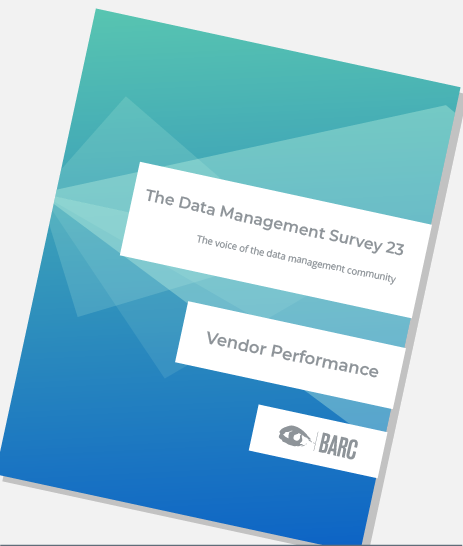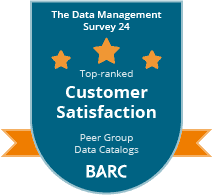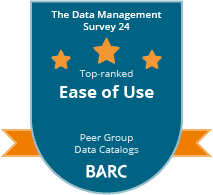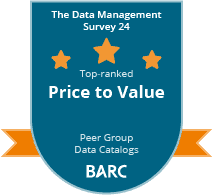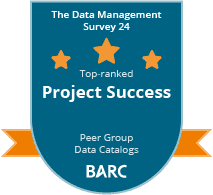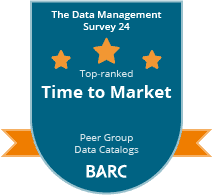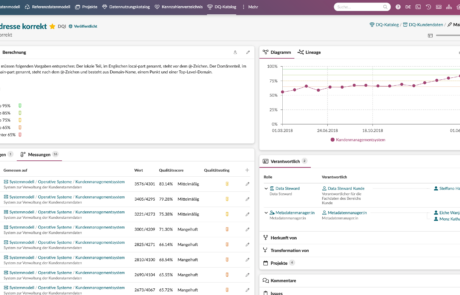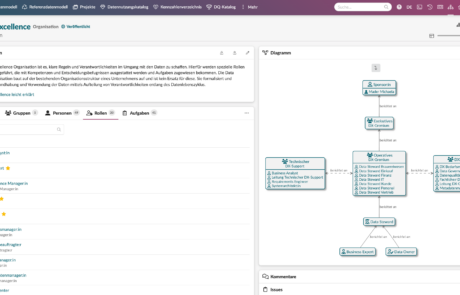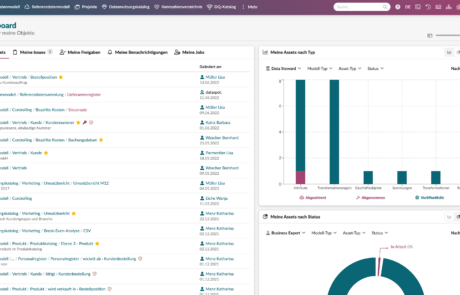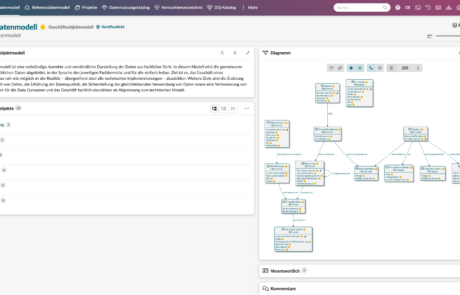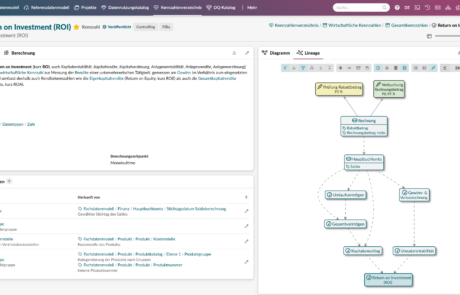
dataspot. is a privately owned consultancy company and a service and technology provider based in Vienna, Austria. Founded in 2016, the company currently has 31 employees (plus 15 freelancers) and operates mainly in the DACH region. dataspot. started out as a data governance consultancy before developing its own data cataloging software for metadata management. Today it offers a data governance solution and metadata management software, data excellence consulting and training services.
dataspot.’s software is closely aligned with its data governance framework known as the Data Excellence Framework©. The framework helps to develop data governance in a step-by-step approach that considers all relevant strategic and organizational factors. The software can either be used independently or in combination with the framework. dataspot. software provides metadata-based cataloging and advanced data governance functionality, such as data quality, around a business data model.
Openness is key to integrating the software into an organization’s ecosystem. dataspot.’s 100 percent open-source-based solution is delivered on-premises or as a service, and its container-based architecture can run in Microsoft Azure, AWS, or Google. To meet specific data governance requirements, the software is fully customizable and metadata storage is open to any changes. dataspot. relies on an open metadata model and standard interfaces to enable integration with the surrounding ecosystem and metadata exchange.
Metadata is linked and curated by a well-structured guided process for data stewards and business experts. The centrally stored metadata can be searched, used, and analyzed via an easy-to-use, web-based user interface. Users can navigate the metadata with different modules depending on what they want to achieve. The functions provided in the modules are aligned with dataspot.’s own Data Excellence Framework© and are designed to guide the user through the data governance process in a self-explanatory way. The modules include the business data model, reference data model, KPI dictionary, data product catalog, data quality catalog, technical models, and organizational models. Based on these, companies can cover the common data governance use cases and achieve benefits quickly.
Major enhancements in the current version include change data capture capabilities for advanced metadata integration and XML support. Interesting topics on the roadmap include customizable front ends, multi-language support for metadata content, as well as enhanced integration and search capabilities.

User & Use Cases
The main use of dataspot. is quite clear. Users focus on data governance, metadata management, data quality management and master data management. By contrast, only 41 percent of respondents use it in support of data preparation, 29 percent for data warehousing/BI, and even fewer companies use it for self-service analytics (6 percent). This suggests that it is perceived more as a product to support governance initiatives and processes than other catalogs, which are seen more as supporting search and discovery by analytics users. This could also explain why only 18 percent use it for data warehouse automation, despite its dedicated DWA offering.
The software is mainly used in medium-sized and large companies with more than 2,500 employees, but only by a mean of 78 users and 16 experts, albeit that they use the product quite frequently. 41 percent state that they use the product several times a day, and another 41 percent use the tool several times a week. This fits in well with the image of dataspot. primarily as software for intensive support of data governance experts.
The software is mainly deployed on-premises (48 percent) and as software as a service (36 percent). In general, all deployment types are supported.
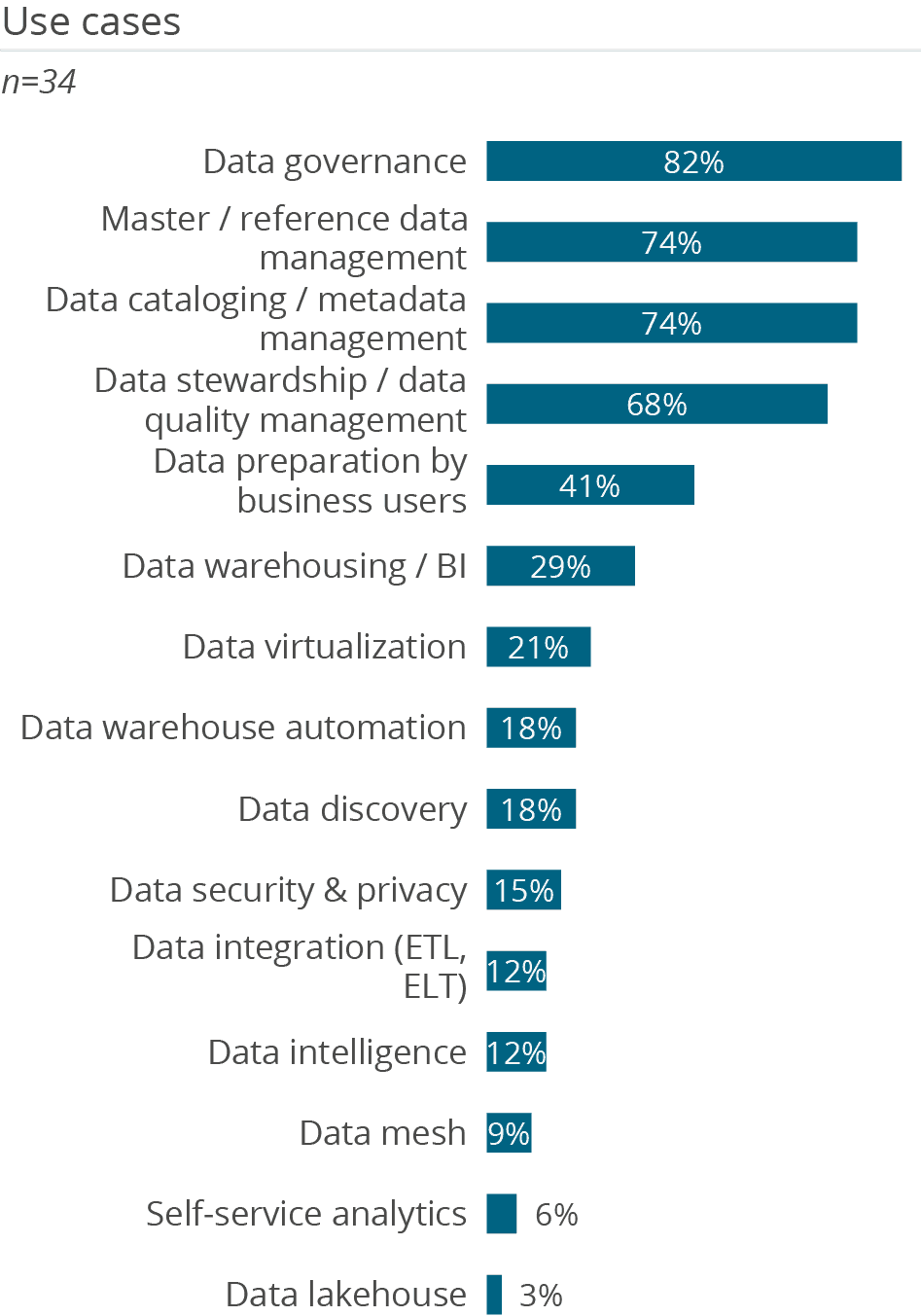

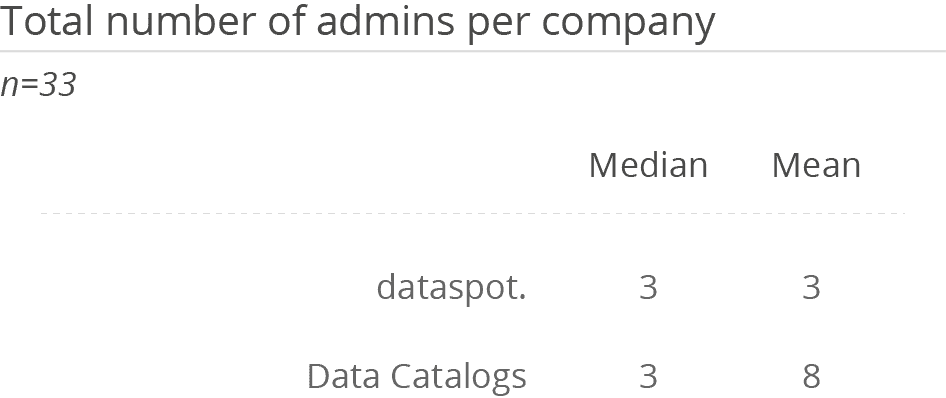
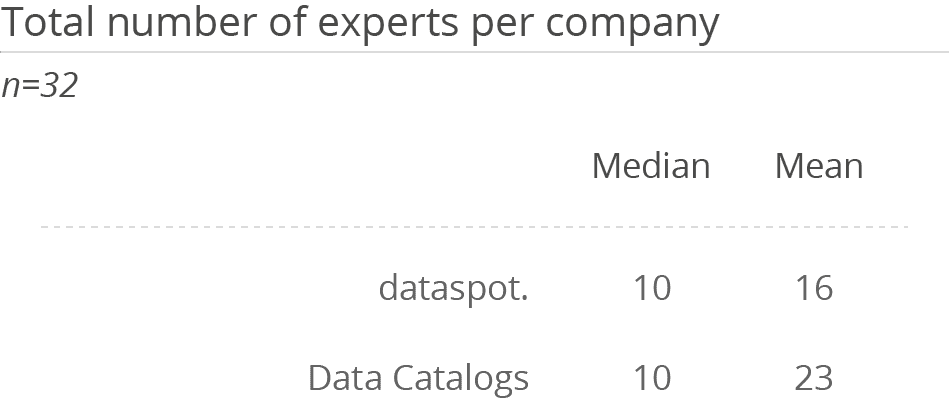
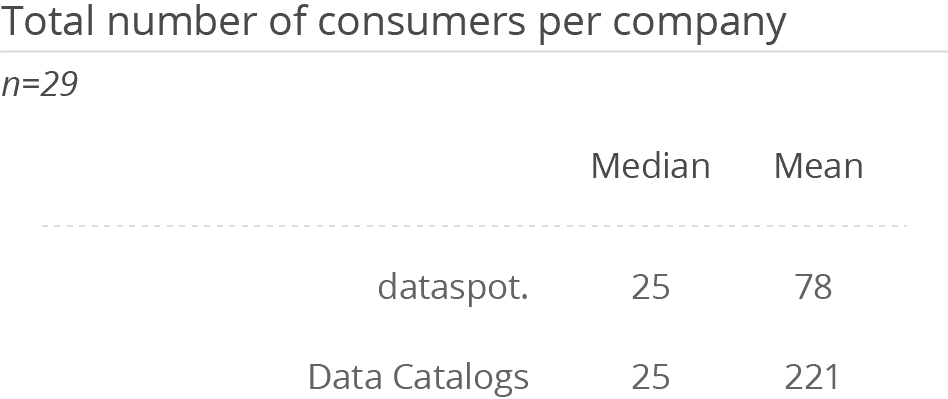

Summary of dataspot. highlights
User ratings for dataspot. in this year’s survey are mainly above average with 23 top rankings and 1 leading position in the Data Catalogs peer group, mainly covering data governance use cases. These include six 10/10 ratings in the Price to Value, Functional Coverage, Ease of Use, Adaptability, Platform Reliability and Extensibility KPIs. 58 percent of dataspot. Customers claim they experience no significant problems when using the product. The typical problems reported by customers are more organizational in nature than technical. dataspot. continues to pursue its strategy of maintaining a clear focus on data governance.
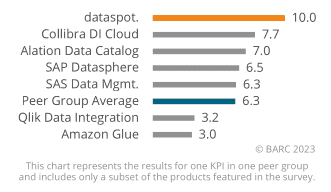
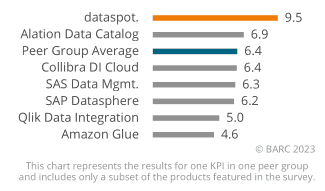
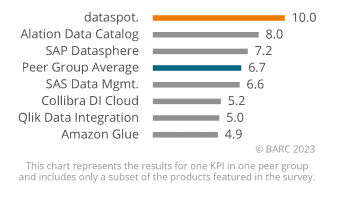
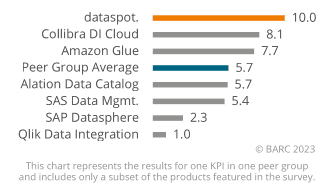
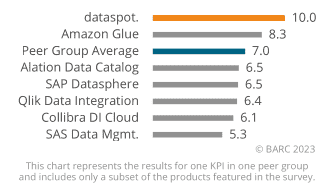
Want to see the whole picture?
BARC’s Vendor Performance Summary contains an overview of The Data Management Survey results based on feedback from dataspot. users, accompanied by expert analyst commentary.
Contact us to purchase the Vendor Performance Summary- Register for a free sample Vendor Performance Summary download
- If you have any questions, feel free to contact us
